The living epic of the village
Born into a family with a father, the late artisan Dieu Kau, and uncles Dieu K'lung and Dieu K'lut who knew tens of thousands of Ot n'drong verses of the M'nong people, Thi Mai inherited and learned many good things about the traditional cultural values of her people from a young age.
After decades, now Thi Mai not only knows tens of thousands of Ot n'drong verses but also knows how to play gongs, weave brocade, sing folk songs...
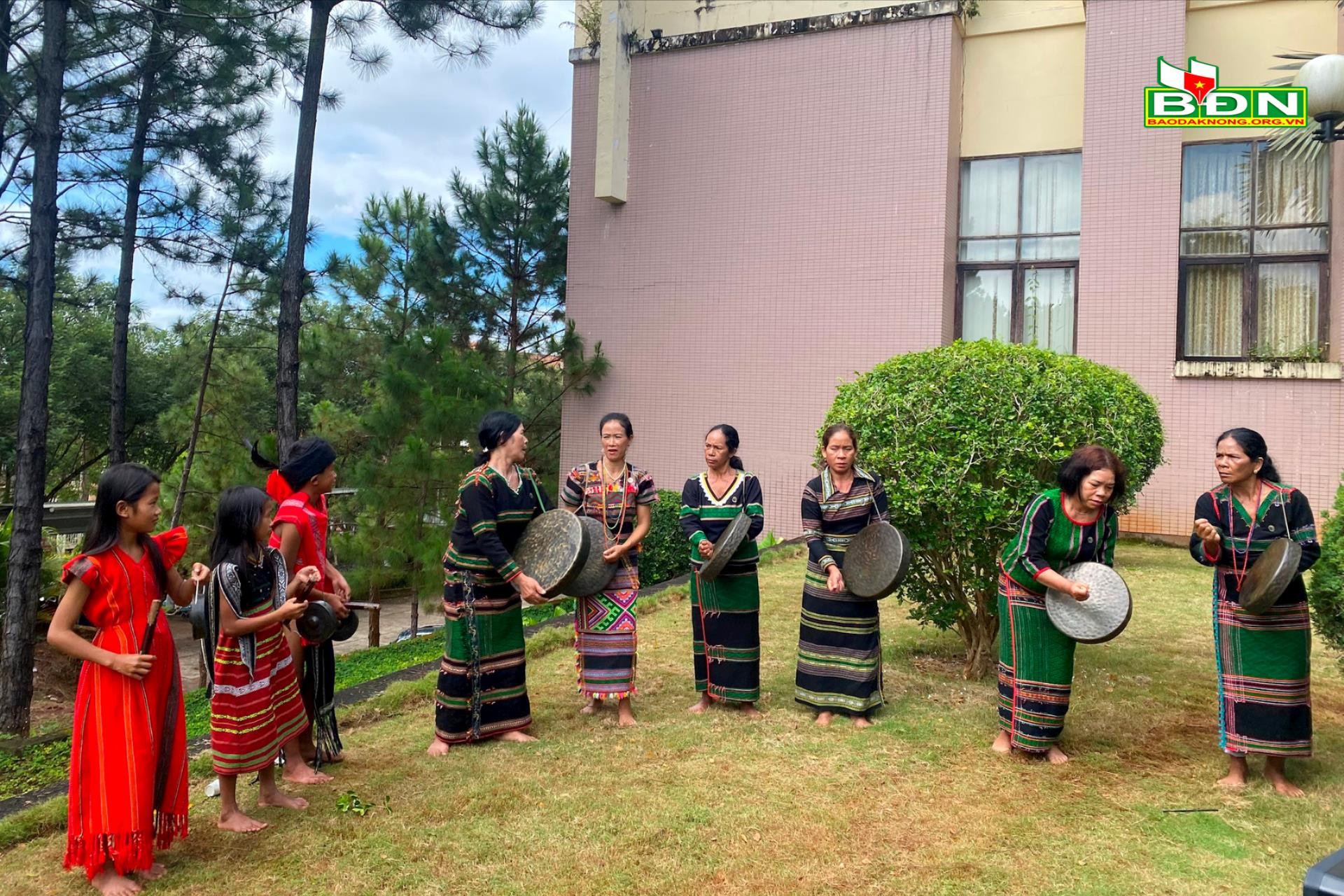
Since 2005, Artisan Thi Mai has spent time listening to and recording epics in both Vietnamese and M'nong languages. In this way, Thi Mai has translated and memorized thousands of verses and epics of the M'nong culture. Currently, in addition to rare epics, Thi Mai has also collected nearly 1,000 folk songs of the M'nong people and nearly 500 dishes of the M'nong people.
According to Artisan Thi Mai, to have these valuable collections, the Artisan had to give up her farming work to make long trips to M'nong villages in and outside the province such as Dak Lak, Binh Phuoc to meet with artisans, listen to stories, sing, record tapes, transcribe in M'nong language and then translate into Vietnamese.
“Since I was a child, I followed my father to record, listen to, and then personally transcribe these epics in the M'nong language and then translate them into Vietnamese. This recording work seems simple, but it requires diligence, dedication, and a long time to complete the stories. Currently, the generation of people who know how to sing and recite epics is almost gone, so I always try to preserve them while I can," Thi Mai shared.
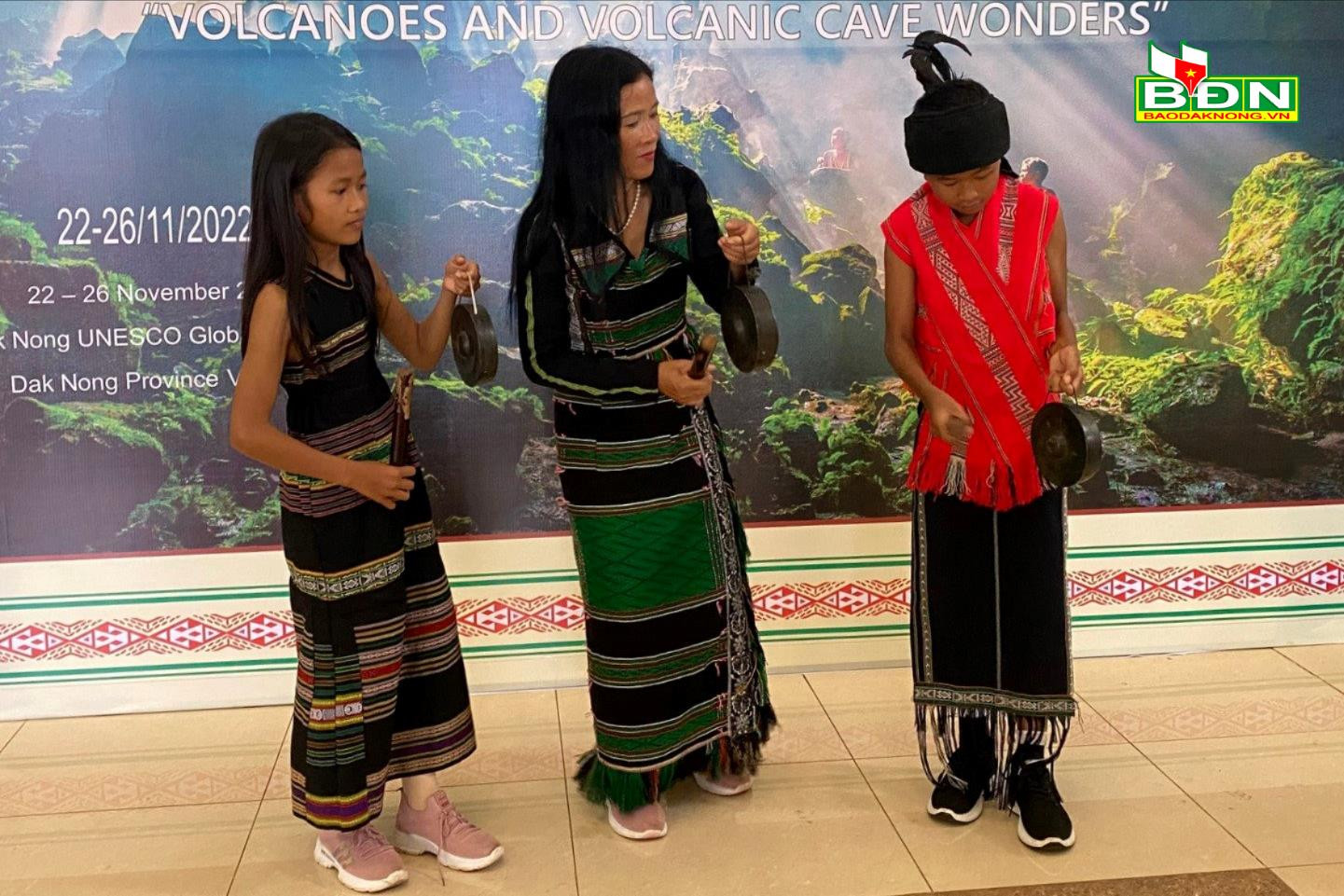
Efforts to teach children
With the desire to pass on and preserve the traditional culture of her ancestors, over the years, Thi Mai has coordinated with authorities at all levels to teach gong performance and brocade weaving to young people in the area.
At village festivals, Thi Mai sang epics and folk songs and dances so that people could listen and understand the traditional culture of her people, and arouse the passion for epics in young people.
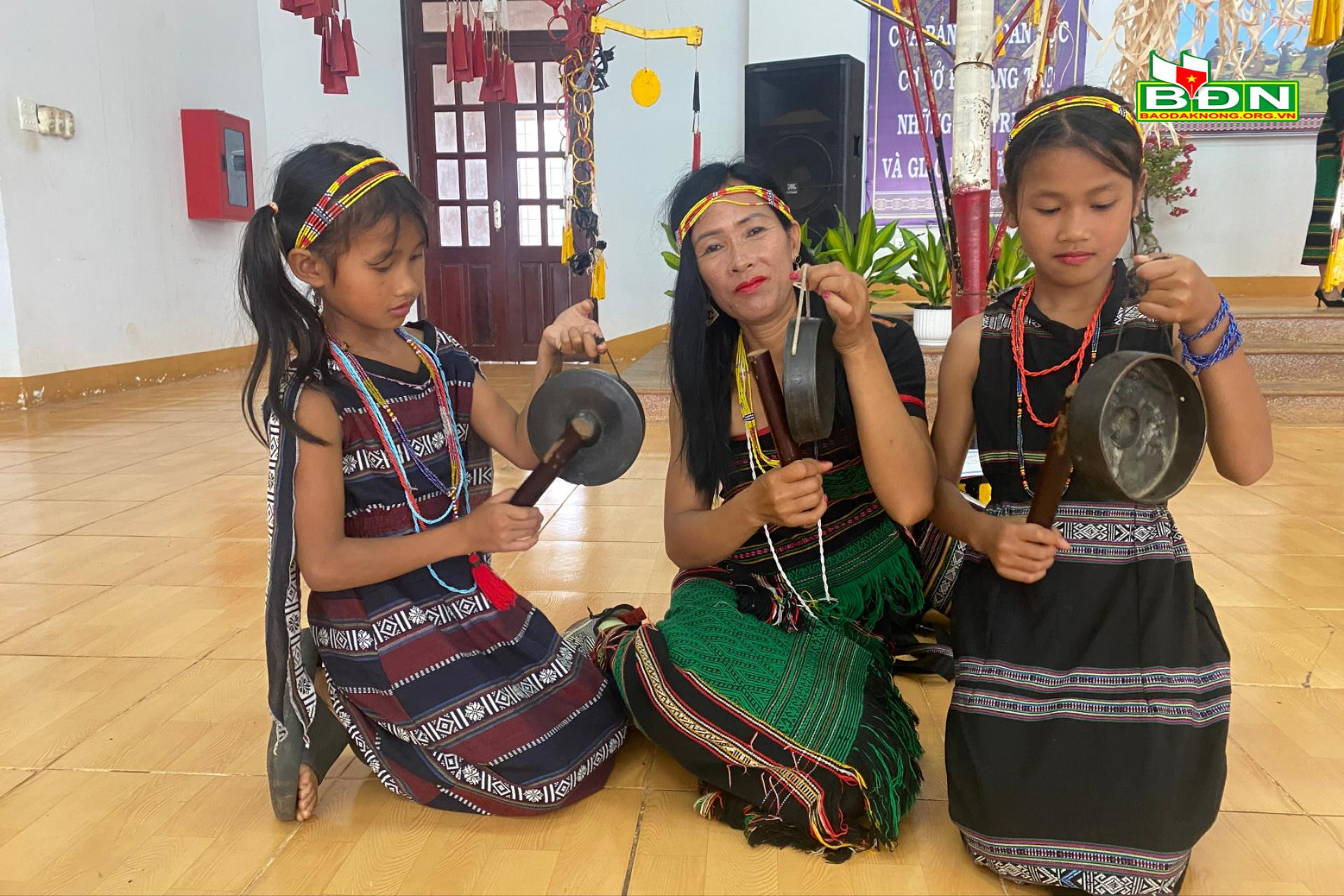
In particular, Thi Mai always teaches her children about good and right things and that they must inherit and accumulate cultural knowledge from a young age. Because according to Thi Mai, the way to preserve traditional culture sustainably must come from the family.
Although young, Thi Mai's children are taught to play gongs, sing, tell epics, and participate in cultural and artistic events organized by authorities at all levels. Currently, Dieu K'Lang (born in 2009), Thi Tiang (born in 2011), and Thi Niang (born in 2012), despite their young age, can already skillfully play some difficult gong pieces of the M'nong people such as Pep Kon Jun, Ching ngan, Thot tinh thoa, Tet to wer, etc.
Artisan Thi Mai confided: “If I don’t teach my children and pass on to the younger generation, how will they understand, learn, and develop? Even though life is still difficult, I will try my best to teach the children. Ot n’drong, the sound of gongs and drums is not only my desire but also the desire of all M’nong people living on this land.”
Source



![[Photo] Parade groups bid farewell to the people after completing mission A80](https://vphoto.vietnam.vn/thumb/1200x675/vietnam/resource/IMAGE/2025/9/2/36d202d43ecc4ca8aede59a0e99f32ed)
![[Photo] The army marched proudly on the street with loud cheers.](https://vphoto.vietnam.vn/thumb/1200x675/vietnam/resource/IMAGE/2025/9/2/c0dc9a5121094991bd7c5a02166b3a4f)

![[Photo] The heroic and lovely moment when the armored vehicle passed by Hanoi Flag Tower](https://vphoto.vietnam.vn/thumb/1200x675/vietnam/resource/IMAGE/2025/9/2/5b07b9f62ee94db287a0ae3a27b6db51)
![[Photo] Bustling atmosphere at Ba Dinh Square on National Day](https://vphoto.vietnam.vn/thumb/1200x675/vietnam/resource/IMAGE/2025/9/2/c441c931800d4ff8a4a5b2ed4d4c496b)
![[Photo] Police blocks parade on Le Duan Street](https://vphoto.vietnam.vn/thumb/1200x675/vietnam/resource/IMAGE/2025/9/2/8f607af025d5437d828366c5e911bbda)




















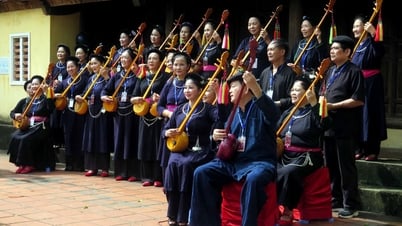

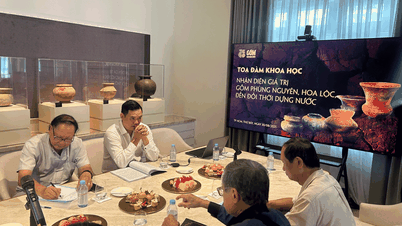

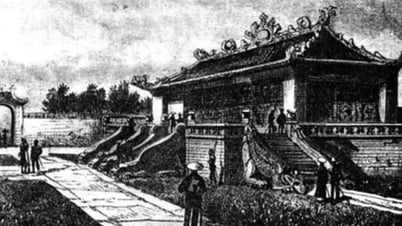

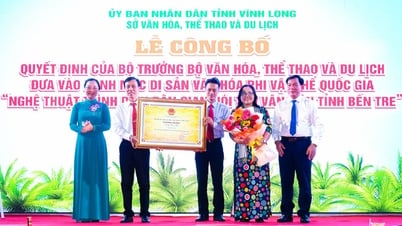






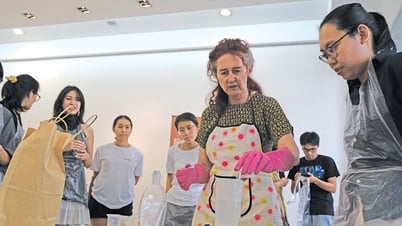


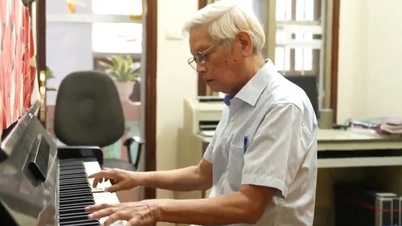




















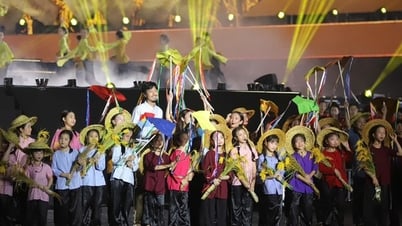
![[Live] Parade and march to celebrate the 80th anniversary of the August Revolution and National Day September 2](https://vphoto.vietnam.vn/thumb/402x226/vietnam/resource/IMAGE/2025/9/2/ab9a5faafecf4bd4893de1594680b043)




















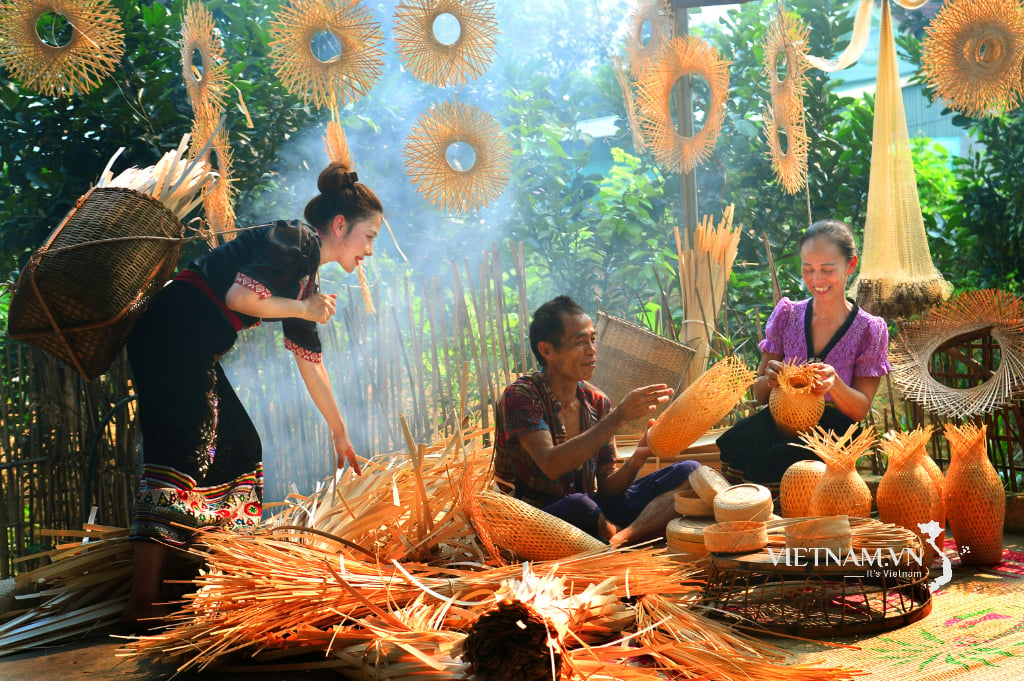
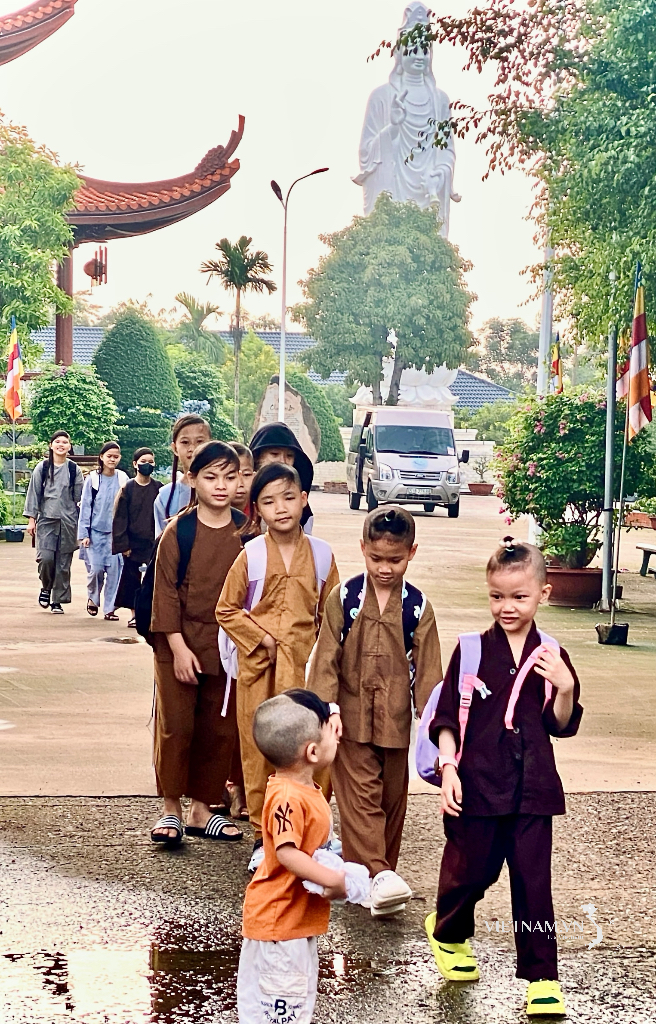
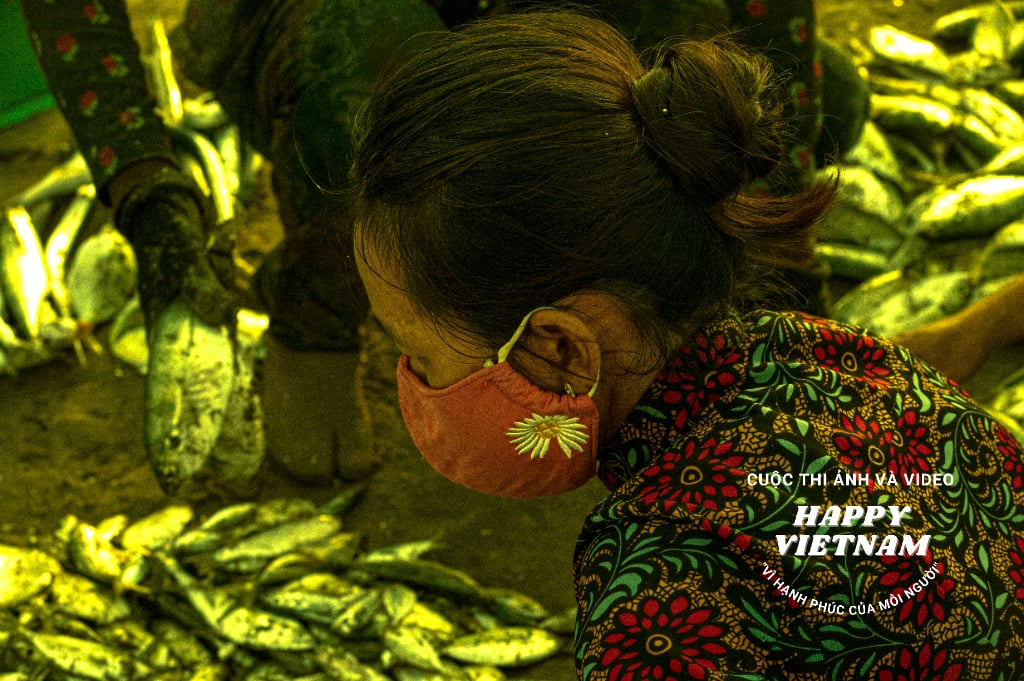
Comment (0)